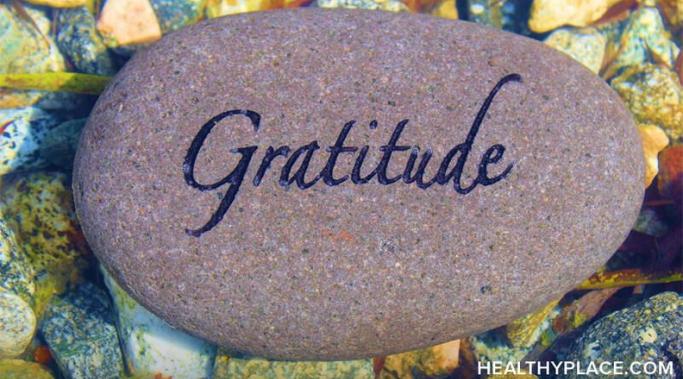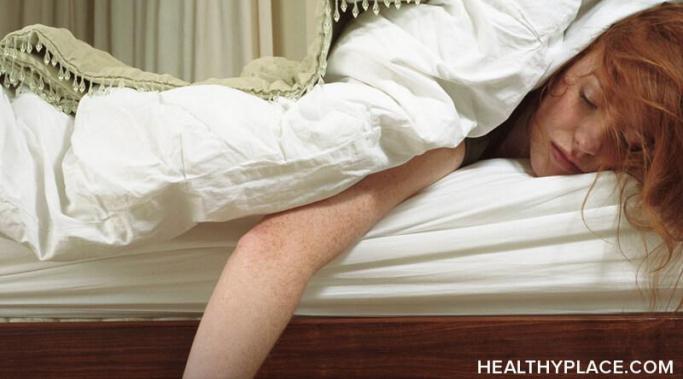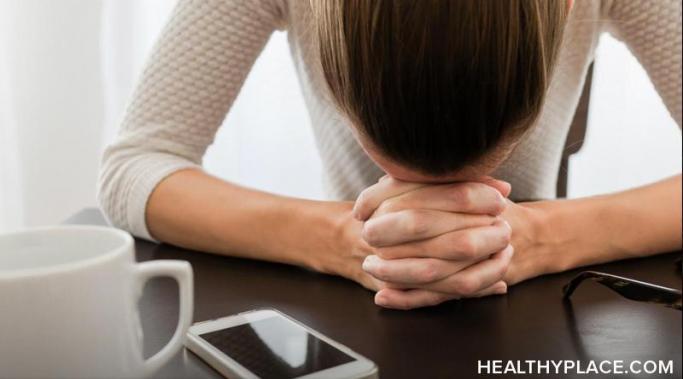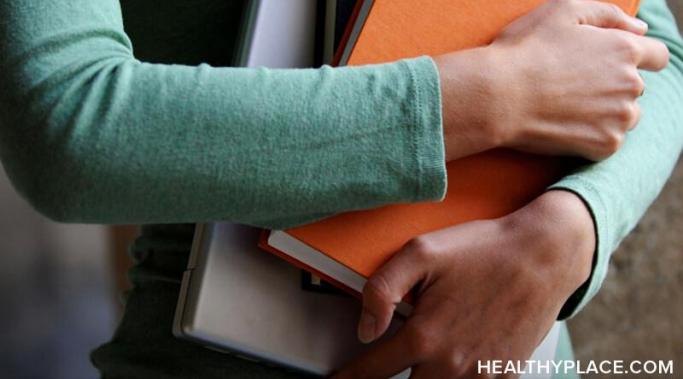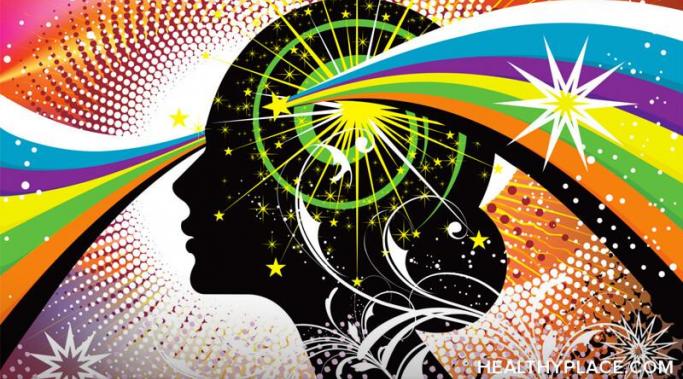I find I can heal through nature. Not only is the great outdoors a place of wonder, but it's an excellent tool for those with mental illness. There are many tactics to harness the healing power of nature and all it has to offer, which comes in handy when anxious or depressive thoughts start to creep up.
Mental Illness and Self-Care
Career development is a priority for me, and while navigating the professional world is tricky enough, throwing in the challenges that come with managing a mental illness with a career makes the situation even more difficult. As someone who struggles with focus and drastically fluctuating energy levels, work can feel impossible, leaving me emotionally and mentally drained. The desire to succeed professionally can be much more difficult when there are extra mental obstacles, but there are ways to make the process easier. Having a mental illness and a career is possible.
I like to practice gratitude in recovery. This is because recovering from a mental illness is difficult and often comes with dark moments. In my own journey, there have been many times when I've felt discouraged and disengaged and ultimately have asked myself, "Is recovering worth it?" Well, yes, it is worth it, but it's nice to have reminders. I've taken my gratitude practices very seriously in the last few years, and they've become essential to my recovery.
Advocacy burnout is a real thing. I once thought of mental health advocacy as a vital component of my recovery process. Being able to speak about things I’d kept silent for so long—depression, anxiety, excoriation (skin-picking) disorder—was freeing. It allowed me to find communities of people who understood and empathized instead of downplaying and stigmatizing what I felt. I would never have imagined I’d get burnout from mental health advocacy, but, truthfully, that’s where I’m at.
I’ve always been the kind of person that gets anxious about taking mental health days off work. Some of that, I think, is due to the lingering stigma in society that it’s not a valid reason to take a day off, but I’m here to say let’s ditch that. Let’s ditch the guilt of taking a day for our mental health and ditch feeling guilty about how we spend it.
Recently, my therapist pointed out that even though I'm pretty good about basic self-care, like getting enough sleep and drinking water, I've been neglecting my emotional self-care. As soon as she said something, I knew she was right. I'd been avoiding my emotions by refusing to engage in anything that might make me emotional, like journaling, sad movies, or even listening to music. So I decided it was time to revamp my emotional self-care with these three basic changes.
I learned the hard way that mental health recovery burnout is a real thing. It turns out, recovery isn't something you can work tirelessly toward and eventually achieve, like an award. Instead, it's more like something you slowly chip away at until one day you realize the work is a lot easier than it used to be. But recovery is never really over or complete, at least not in my case, which means working frantically to recover will only lead to one thing: burnout.
Self-help books have been immensely helpful in my journey to recover from mental illness and generally improve my self-worth, but despite their usefulness, I'm often ashamed to admit how many self-help books I read. In my family, I'm known as the "self-help junkie" and teased as if that is a bad thing.
Impulsivity is a symptom of many mental illnesses, from borderline personality disorder (BPD) to attention-deficit/hyperactivity disorder (ADHD) and more. Unlike other symptoms, such as anxiety or apathy, impulsivity is still highly stigmatized and is often portrayed as being immature or careless rather than being a symptom of mental illness. Although impulsivity can definitely cause issues in your life, I would also argue that there are some hidden benefits of impulsivity.
Reading has always been a great source of comfort for me, and throughout my healing journey, I've read many books about mental illness and recovery. Some were boring, others just didn't feel aligned with me and my struggle, but some were absolutely amazing. Today I want to highlight those amazing books in the hopes that they can also help guide you through your recovery.


